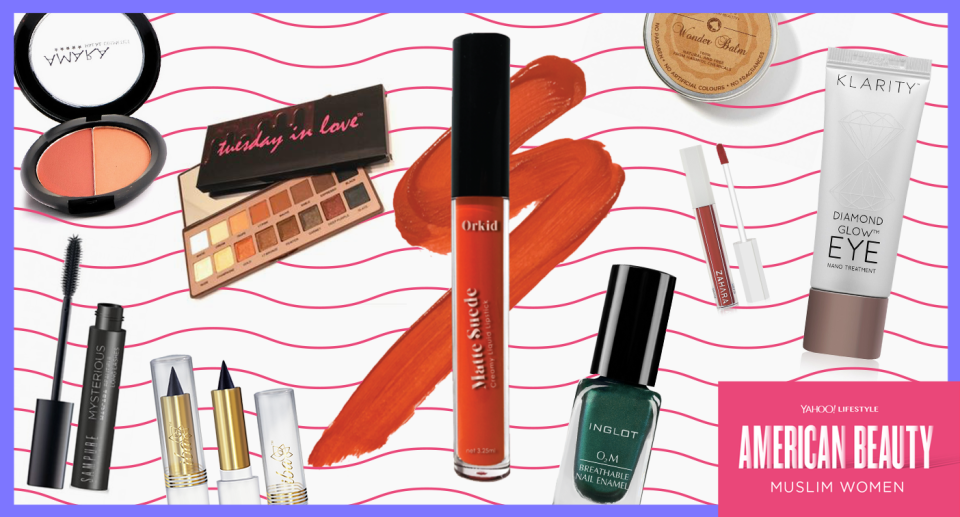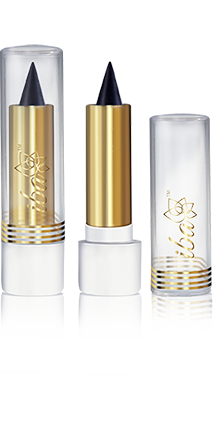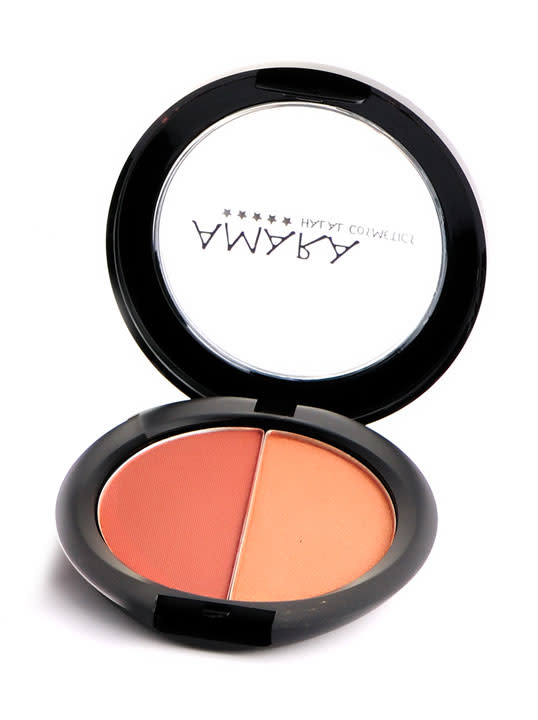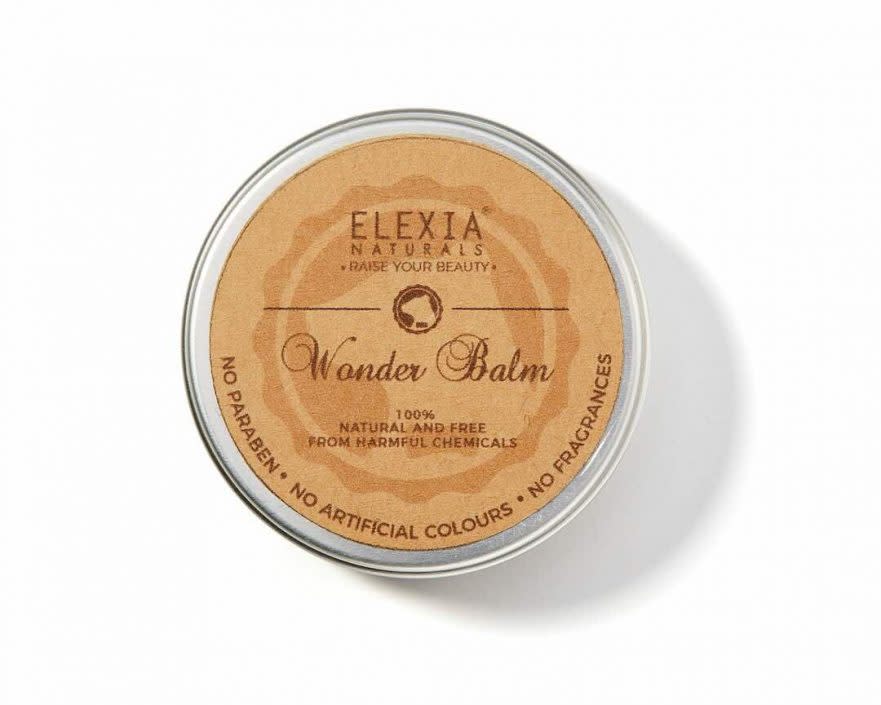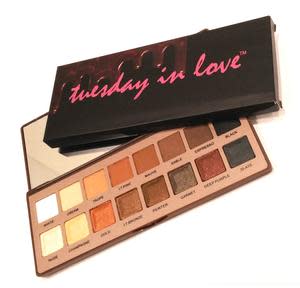Why the $16.3 billion halal cosmetics industry will grow even bigger
“American Beauty” is a new series in which Yahoo Lifestyle takes a virtual cross-country journey to discover what beauty means — reimagining the American flag through the diverse group of faces that make up the United States of America. For our first installment, we’re focusing on Muslim-American women, highlighting what makes this group unique while showcasing the common threads that bring us together.
Consumers have certainly become more selective in recent years when shopping for beauty products. Whether they are certified vegan, organic, or both, overall, brands are striving to meet the needs of diverse demographics. It’s a change for the better that doesn’t go unnoticed or unappreciated. Halal beauty has become a major part of the conversation when it comes to ethically sourced products and is the perfect solution for Muslim women who are searching for cosmetics that won’t compromise their faith.
In an interview with Refinery29, Habib Ghanim, director of ISWA Halal Certification Department and president of USA Halal Chamber of Commerce, explained that “eligible products must not contain any pork, animals that were dead prior to slaughtering, blood, alcohol, or carnivorous animals — these items are considered haram, which means ‘forbidden’ in Arabic.
“Halal” is an Arabic word meaning lawful or permitted. In reference to food, it is the dietary standard as prescribed in the Quran (Muslim scriptures). When it comes to certifying beauty, grooming, and other personal care products as halal in the U.S., there are guidelines issued by the USA Halal Chamber of Commerce. The entire process can take several months, as each product is carefully tested to meet specific criteria.
Imam Khalid Latif, executive director of New York University’s Islamic Center and co-founder of halal butcher Honest Chops, also told Refinery29, “For an animal slaughtering to be considered halal, the animal must be slaughtered in the name of Allah, meaning it must be killed by hand — or by a specific method of cutting — while a prayer is recited.”
Grand View Research, a U.S. based market and research consulting company, shared eye-opening insights that revealed in 2015 the global halal cosmetic market was valued at about $16.3 billion and is expected to reach $52 billion by 2025. The increase in availability will no doubt propel the Muslim beauty market, especially with online shopping destinations such as Pretty Suci leading the charge in showcasing halal beauty offerings.
Yahoo Lifestyle did a deep dive to uncover some of the best halal beauty products. Click through to discover nine brands that are revolutionizing traditional markets.
Read more from Yahoo Lifestyle:
? Hijabis may be fashion’s latest darling, but 76% of Muslim-American women still feel judged
? How Muslim style star Leah Vernon decided ‘to be myself, unapologetically’
